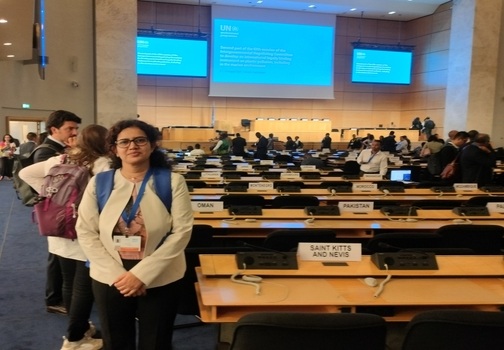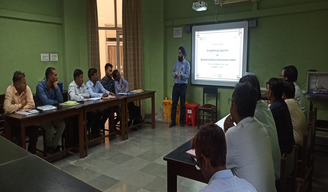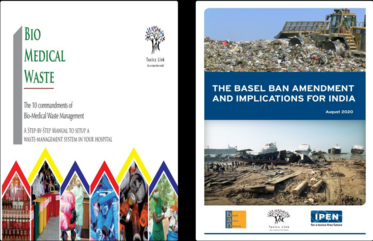Solid Waste Management
GOVERNMENT OF INDIA
MINISTRY OF HOUSING AND URBAN AFFAIRS
LOK SABHA
UNSTARRED QUESTION NO:1961
ANSWERED ON: 09.12.2021
Solid Waste Management
Vishnu Dayal Ram
Will the Minister of HOUSING AND URBAN AFFAIRS be pleased to state:-
(a) whether segregation of waste as stated in the Solid Waste Management Rules is being sincerely followed in the country and if so, the details thereof;
(b) the data on the total quantity of waste that goes to landfills;
(c) whether the urban local bodies are taking initiatives to promote recycling of non-organic and recyclable waste;
(d) if so, the details thereof;
(e) whether the urban local bodies are taking initiatives to promote composting of organic waste and if so, the details thereof?
ANSWER
THE MINISTER OF STATE IN THE MINISTRY OF HOUSING AND URBAN AFFAIRS
(SHRI KAUSHAL KISHORE)
(a) : As per the division of subjects under 7th Schedule of the Constitution, sanitation, including Municipal Solid Waste (MSW) management, is a State subject and therefore, it comes within the purview of the Urban Local Bodies (ULBs).
Based on the reports furnished by State Governments/ Union Territory (UT) Administrations, it is stated that Solid Waste Management Rules are being followed in most of the ULBs. Door-to-door collection is being practised in 97% of the total wards, i.e., 86,263 out of 89,061 wards, while source segregation is being practised in 87% of total wards, i.e., 77,253 out of 89,061 wards in the country.
(b) : Out of 1,40,557 TPD of waste generated daily in the country, 98,390 TPD, i.e., 70 per cent is being processed in scientific manner, while the remaining 30 per cent is being disposed in other ways, including in landfills.
(c) to (e) : As reported by the cities and the State Governments, there are 123 centralised functional Waste-to-Energy (WtE) (waste to electricity and waste to bio-methanation) plants with capacity to process 4,746 TPD. Similarly, there are 2,285 Waste-to-Compost (WtC) functional plants with capacity to process 71,682 TPD. There are 2,028 functional Material Recovery Facilities (MRFs) with capacity to handle 42,478 TPD dry waste.






